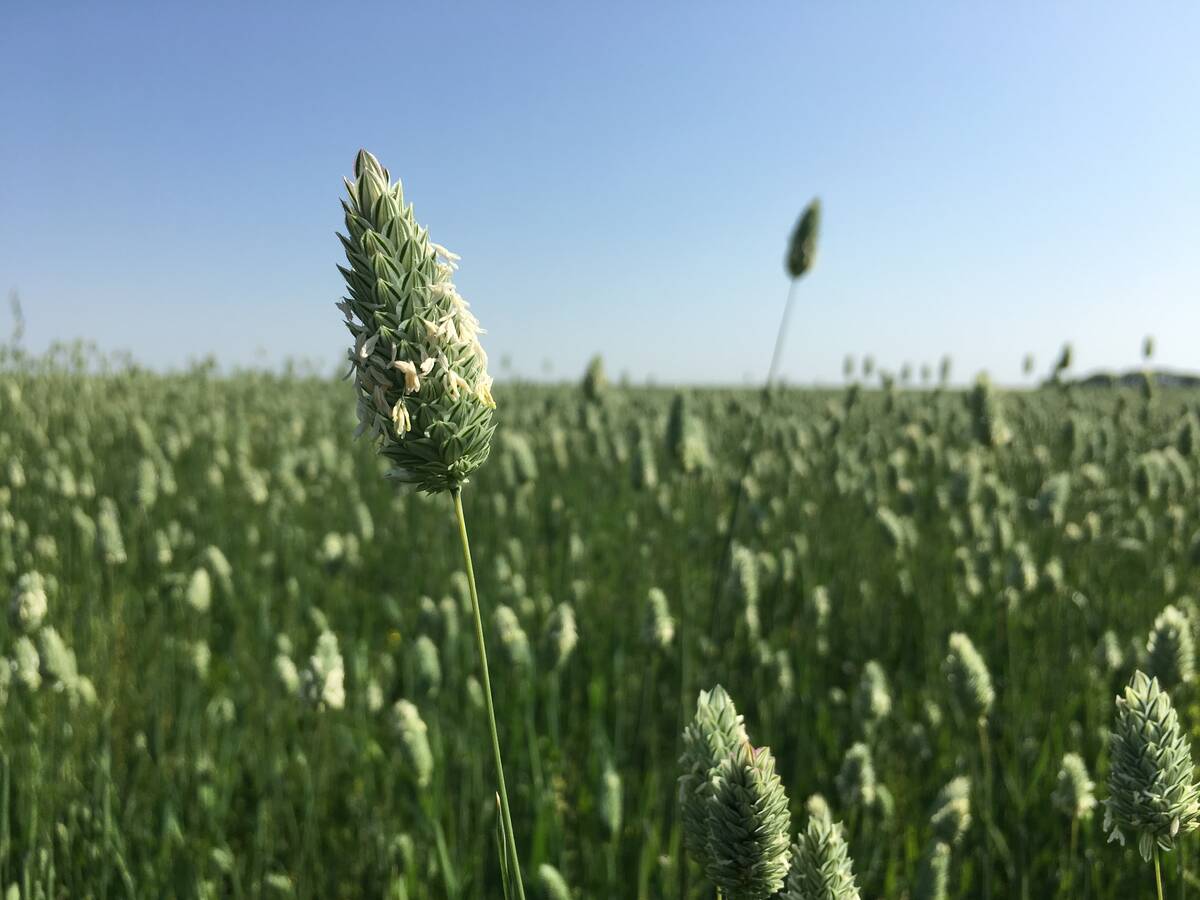Bunge’s global and North American chief executive officers have no doubts about the long-term golden prospects for canola for their company and for farmers.
There had been skepticism a few years ago about Canadian farmers’ ability to produce a crop big enough to fill the new demand from a variety of crusher expansions and the construction of twin new plants in Yorkton, Sask.
However, the big companies appear to have been right.
“Canada is an important piece of it,” said Bunge North America chief executive officer Soren Schroder, referring to the multinational’s aggressive global expansion.
Read Also

No special crop fireworks expected
farmers should not expect fireworks in the special crops market due to ample supplies.
“The global vegetable oil situation is one of continual growth.”
Schroder, who was in Manitoba to turn sod for the expansion of his company’s canola crushing plant in Altona, expects to see Canadian canola production of 13 to 14 million tonnes this year, 15 million tonnes “very soon” and 20 million tonnes per year before the end of this decade.
Global CEO Alberto Weisser said huge production increases will be needed around the world to feed the expanding ranks of people who can eat quality food.
“We do feel that every region, every country has to be part of it, and Canada is a very important part,” said Weisser, a native of Brazil.
“We feel good about being here.”
Many skeptics thought that acreage limitations, rotation restrictions, disease pressures and a slowdown in yield advances would make it difficult for farmers to produce enough canola for all the new processing plants. However, Schroder said his company looked at the situation differently: the world is demanding oil such as canola and farmers make good money growing canola.
Regardless of the practical constraints, the basic equation of booming demand for healthy oil and high profitability for farmers would lead naturally to the production of large canola supplies.
Weisser agreed.
“It really starts with demand,” he said. “There are very few things that are needed (as much as) vegetable oils.”
Bunge’s plan to double production at Altona is the first for its four-plant western Canadian network, but it expects to expand others too, with Fort Saskatchewan, Alta., next.
“Our intention is to expand,” said Schroder.
Weisser said that will probably go beyond canola, especially since the Canadian Wheat Board’s marketing monopoly is disappearing.
Bunge is a vocal proponent of free markets and opposed to government interference. Weisser said the changes to CWB grain marketing will make Canada a more enticing place to invest for the multinational.
Schroder said the Altona plant is well sited because its oil goes mostly to U.S. food processors and its meal goes to Wisconsin dairy herds.
He said expanding Altona is important for Bunge because not only is the demand there, but a larger plant will be more efficient, and efficiency is the centre of the company’s corporate philosophy.
“The more efficient we are, the more we can pay to the farmer, but also the less we have to charge to the end user,” he said. “So make it efficient.”















